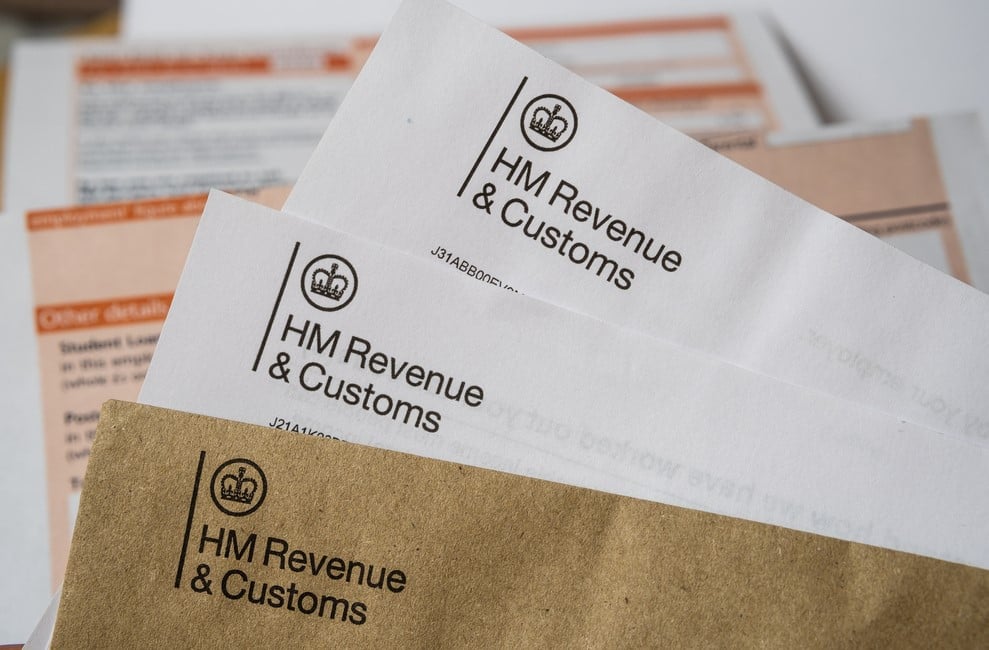Obtaining a letter from HM Revenue & Customs can often send waves of anxiety throughout anyone’s day. Usually, these correspondences appear in different forms, but one type that might arrive in your mailbox is the so-called “nudge letter.” Designed to alert or prompt taxpayers about their fiscal responsibilities, specifically pertaining to undeclared income, grasping your HMRC nudge letter is essential to ensure you’re fulfilling your tax obligations efficiently.
What exactly is an HMRC Nudge Letter?
A nudge letter from HMRC is essentially a preventive measure rather than an accusatory one. These letters are part of HMRC’s strategy to motivate taxpayers to freely correct any inconsistencies in their tax reports, particularly focusing on foreign income that might not have been fully declared. Unlike formal audit letters, a nudge letter is not indicative there is an ongoing investigation into your tax affairs. Instead, it acts as a soft reminder that HMRC has data implying there could be undeclared income.

Why You Got One?
Should you’ve come across one notices in your mail, it is probably because HMRC has received data which potentially conflicts with the data you’ve sent, or indicates there might be extra income sources that need be taken into account. Common causes for issuing a nudge letter include discrepancies seen in the data provided by overseas tax authorities or financial institutions about overseas income.
Understanding the Content
The key content of a nudge letter typically includes a notice about the importance of reporting all necessary revenues; a prompt that mistakes should be corrected; and at times, connections to guides on how to proceed with declaring undisclosed income. It’s crucial to review the information mentioned about the alleged undisclosed income carefully and ascertain whether it pertains to your situation.
Subsequent Actions: What precisely Ought to You Perform?
Upon receiving a reminder letter, taking proactive measures is essential:
Review your Tax Returns: Double-check your prior returns to confirm all income sources had been reported accurately. Give particular attention to any overseas income.
Consult a Tax Consultant: In case there’s any uncertainty about how to proceed or if amendments are, consulting with a taxation expert could provide clearness and guidance.
Respond Promptly: Follow any instructions provided in the letter concerning deadlines for response. Participating collaboratively with HMRC can often prevent further complications or queries.
Amend Every Inaccuracies: If you uncover oversights or missing information, opt for swift measures to rectify it. This often involves registering adjusted returns and working together fully with HMRC.
Precaution is Superior Than Remedy
To steer clear of subsequent HMRC prompt letters, sustaining comprehensive and exact records of each domestic and foreign income is advisable. Frequently updating tax filings and guaranteeing full transparency can aid bypass the anxiety associated with such checks from the tax authorities.
Navigating tax matters can often seem overwhelming, especially if it concerns complexities such as foreign earnings. However, understanding why you got an HMRC reminder letter and being aware of how to react efficiently can not only assist in solving likely issues swiftly but also bolster your dedication to meticulous financial adherence. Remember, HMRC uses these letters to aid taxpayers in keeping on top rather than punishing them suddenly.
For more details about Nudge Letter Overseas Income browse our new resource
